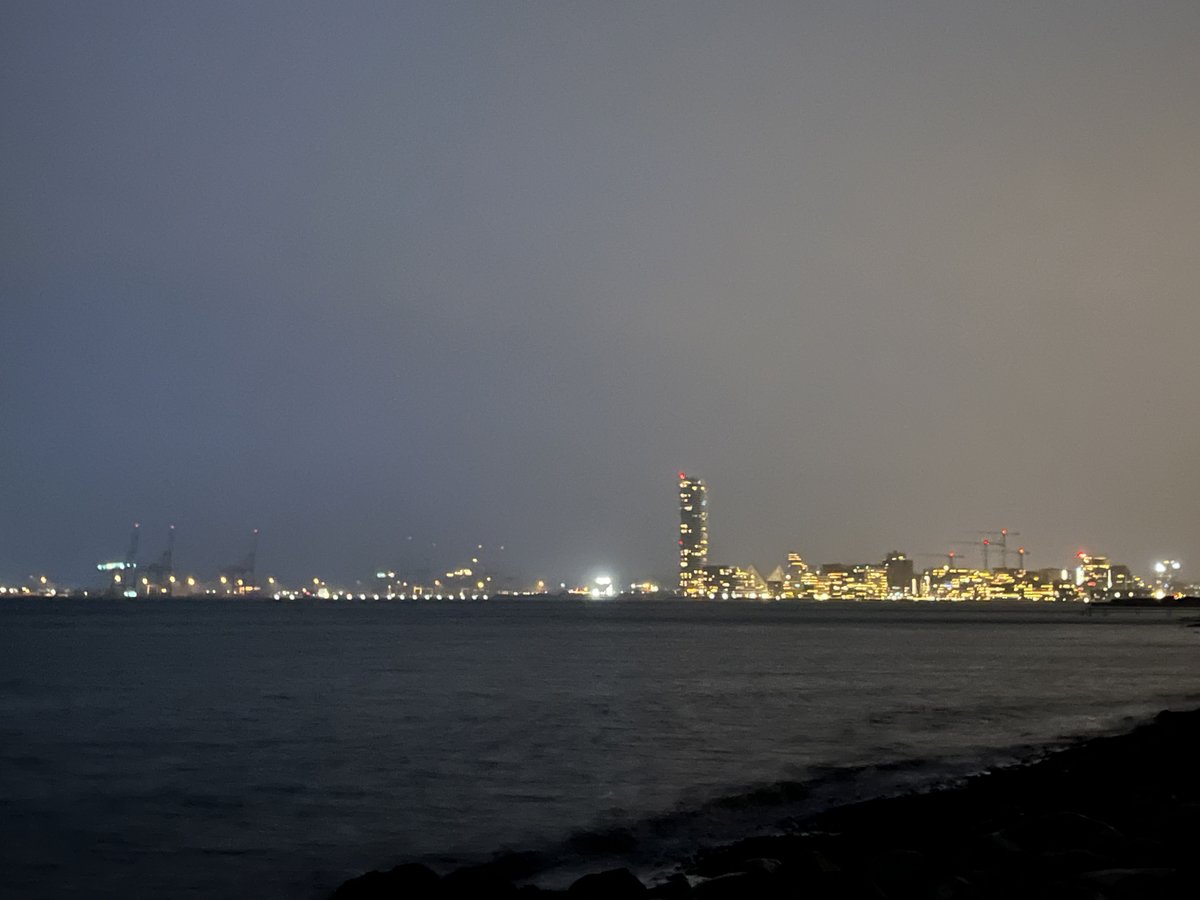From Hong Kong to Denmark: My Experience Studying Computer Science as an International
Time flies! The memory of dragging my luggage just off the plane is still vivid, yet in the blink of an eye, I’ve been living and studying in Aarhus for nearly two years. This is my first time sharing my thoughts and experiences, and I hope it can inspire you somehow.
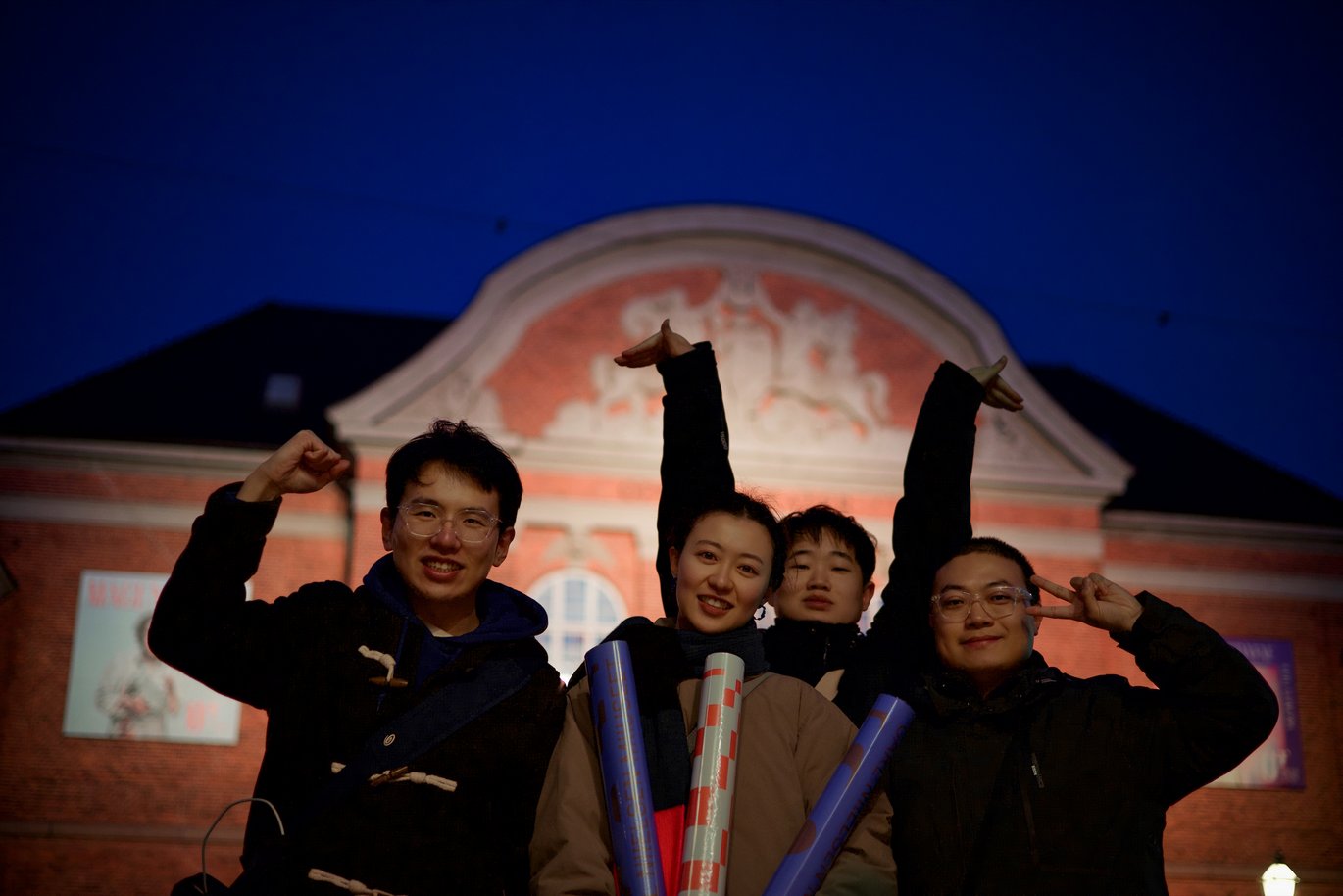
In the summer of 2022, I boarded a plane from Hong Kong to Copenhagen with two classmates who were also studying Computer Science, marking the beginning of our educational journey. Stepping off the plane, a chill reminded me we had finally arrived in Denmark, where the weather in July and August is at its best. Everything was lush and green, and the warm sun didn’t set until around eight or nine in the evening, giving me my first impression of Denmark: the days here are incredibly long! (This would soon be proven otherwise. 🤣)
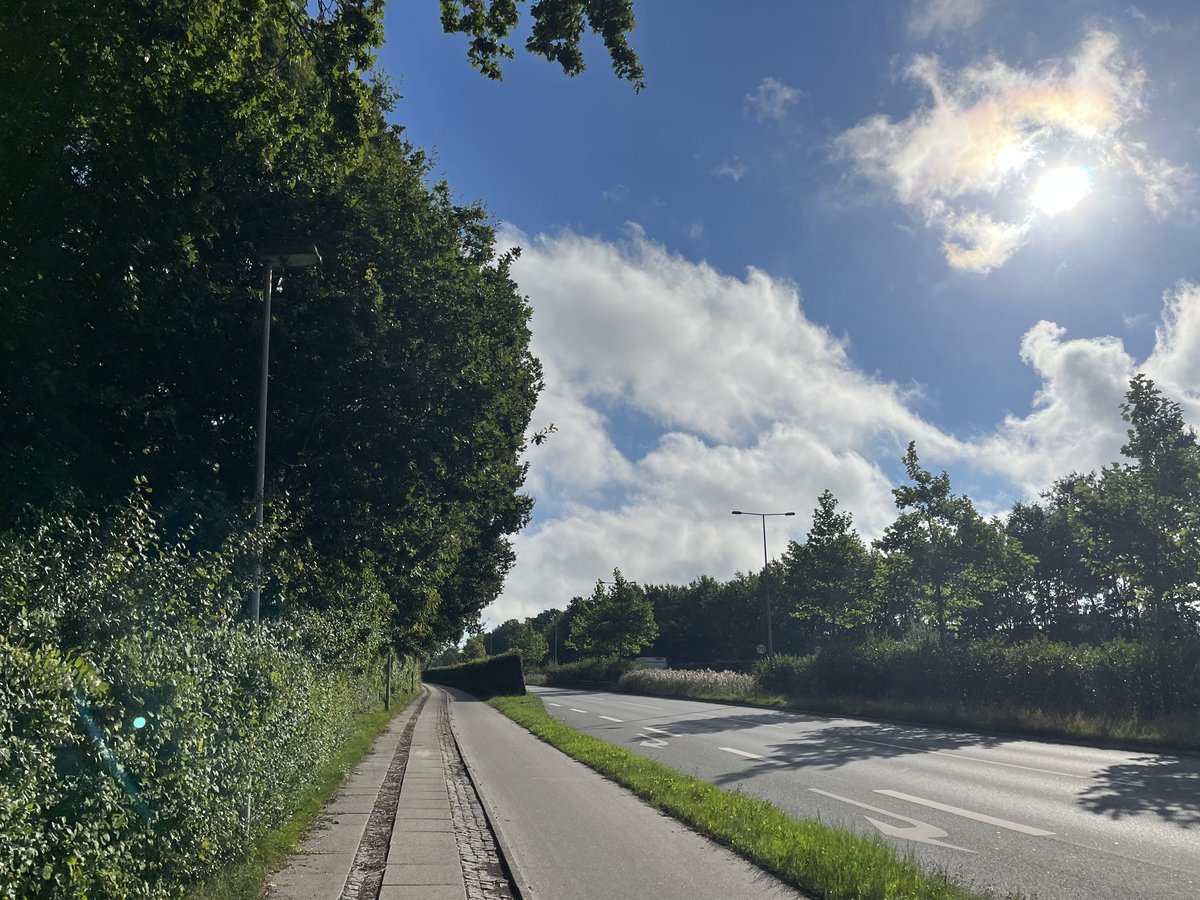
After arriving in Aarhus by train and purchasing some essentials like furniture and bedding, my two-year journey in Aarhus officially began. My first year’s accommodation was booked through AU Housing, where I simply requested a room with large windows. Consequently, I was assigned to a dorm with floor-to-ceiling windows, fully equipped with all the essentials: a desk, bed frame, mattress, ceiling light, wardrobe, etc. This meant I didn’t have to worry about where to sleep my first night. Each floor of my dorm shared a large kitchen equipped with cooking utensils, spices, a TV, and sofas, serving as a common room. I didn’t know how to cook at first, but I learned a lot from my Danish peers, who were far from the cold and socially anxious stereotypes. Instead, I met many warm-hearted locals who were fellow students and loved beer and parties.
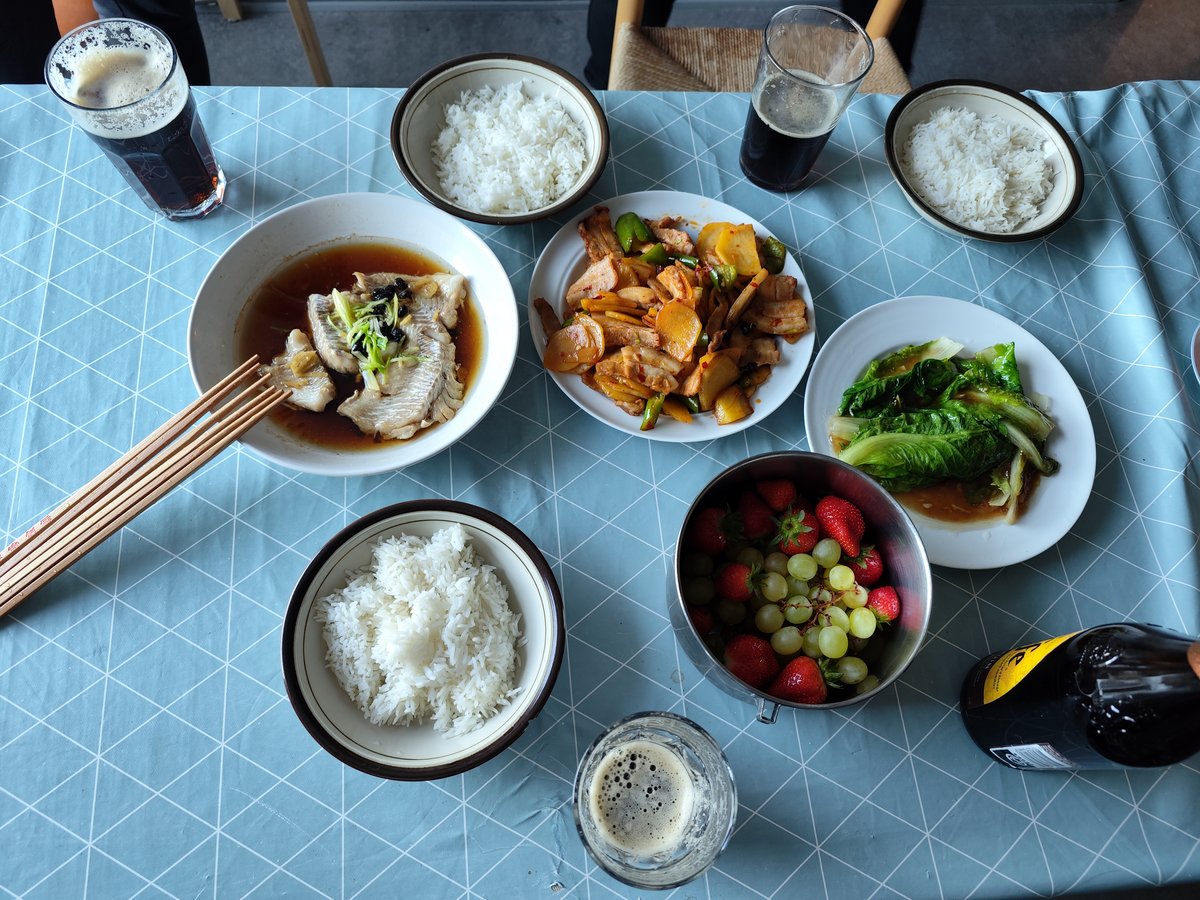
After picking up a few recipes and adjusting to the time difference, my day-to-day life began to stabilize. I then bought a second-hand bicycle. In Denmark, bicycle lanes are right next to the lanes for cars, and you need to use hand signals for turning and stopping. However, being lazy and not particularly athletic, I found myself struggling with the steep hills after cycling for twenty minutes, leaving my legs too stiff to walk. Thus, I opted for a bus pass, commuting daily by bus. If you have a physical bus pass, you need to swipe it when getting on and off, though you can also buy a digital monthly pass through Midttrafik. There are no permanent ticket inspectors on the buses, but occasionally, ticket inspectors will board at stops to check. Surprisingly, in my two years of taking the bus, I never encountered a ticket inspection, though most of my friends have! Still, I would recommend biking as a healthy and cost-effective alternative.
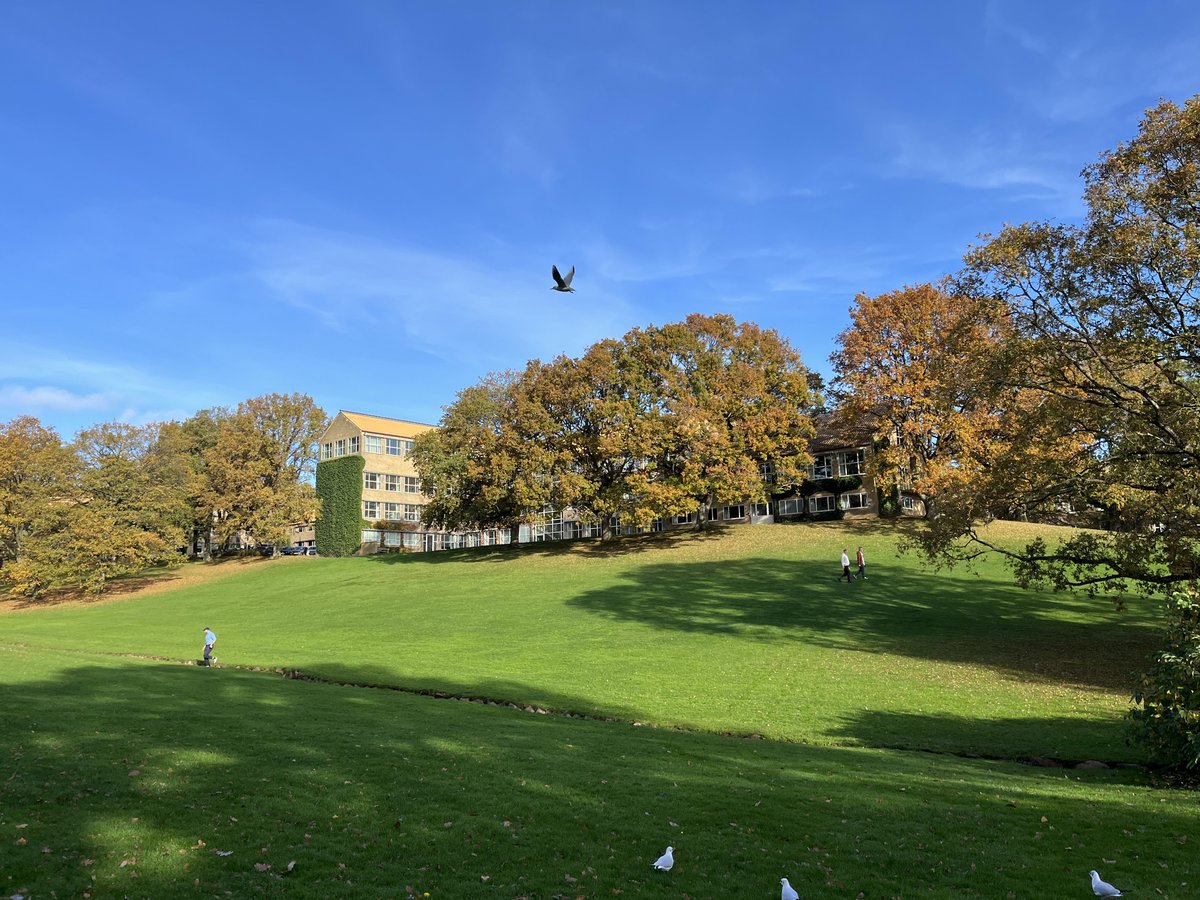
Now, let me talk about my first day of classes. I chose three courses for my first semester: Machine Learning, Data Science in Bioinformatics, and Data Visualization. Yes, at the Computer Science Department, you can also take courses from the Bioinformatics Department. However, my first two classes on Monday overlapped, which meant after finishing Data Science, I could only attend half of the Machine Learning class. It was possible to choose overlapping courses, but this required me to study in advance, otherwise, I’d be lost during the lectures. Large courses like Machine Learning often record lectures, so it’s not a problem if you can’t attend in person. Plus, there’s no attendance requirement here, so learning is very self-directed. I really appreciate the teaching methods and course structures here; before classes begin, all the preparatory materials are available: slides, handouts, assignments, etc. There are weekly exercises and TA sessions to reinforce the week’s learning, ensuring steady and solid progress. Often, you’ll need to find teammates to complete course projects, and collaboration is highly encouraged. Additionally, professors and researchers are very welcoming to students asking questions. You can visit their offices during office hours, and everyone is eager to help.
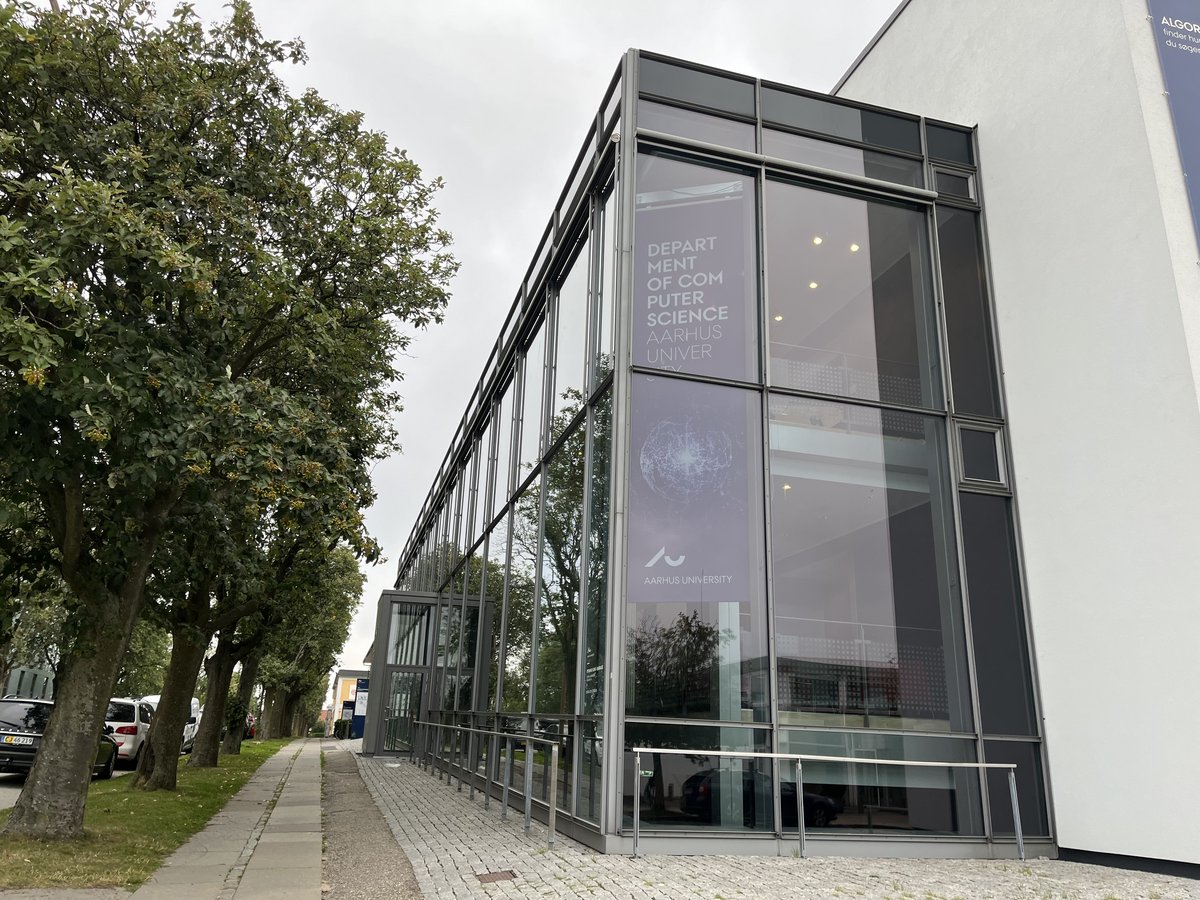
My first semester was quite fulfilling, and I was a bit nervous for my first oral exam. Unlike written exams, you need a deeper understanding of the material to articulate it clearly during the presentation. During the exam, professors and co-examiners will ask questions based on your presentation, and you must defend your answers confidently. However, don’t worry about speaking imperfect English; they are very patient and will help you if you stumble.
By now, I’ve adapted to the study and life rhythm here. In my second semester, I delved deeper into Machine Learning and Data Mining theories, and I started looking for opportunities to apply these theories in practical settings. International students are allowed to work up to 20 hours per week alongside their studies, and the pay here is quite good. So, if you work full hours each week, you can comfortably support yourself. Last summer, I joined the International Center as a student assistant for the China region, maintaining the official Chinese website and social media. Then, last winter, with Gitte’s help, I joined Aarhus University’s Center for Humanities Computing as a junior developer, assisting in preprocessing data and training Danish large language models. These part-time jobs have enriched my life and I thoroughly enjoy the work environment in Denmark, where you can flexibly schedule your work hours and occasionally have fun with colleagues. And just to mention, the English proficiency here is excellent; you don’t need to worry about not speaking Danish affecting your life, studies, or work.
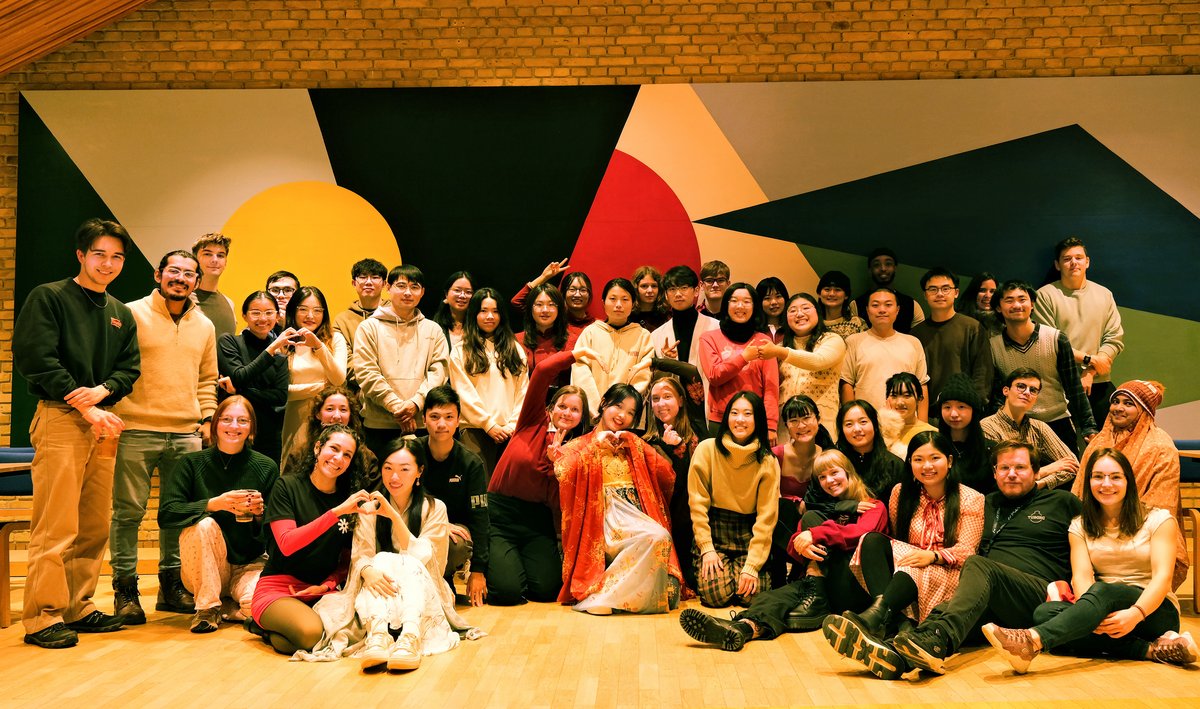
Each year, students get two seven-day mid-term breaks: one in late March or early April for Spring Break, and one in mid-October for Autumn Break. These breaks usually extend to nearly ten days with the weekends. Due to Denmark’s location, it’s very convenient to travel to various places in Europe, so my friends and I typically take these opportunities to travel abroad. Traveling with friends is truly enjoyable!
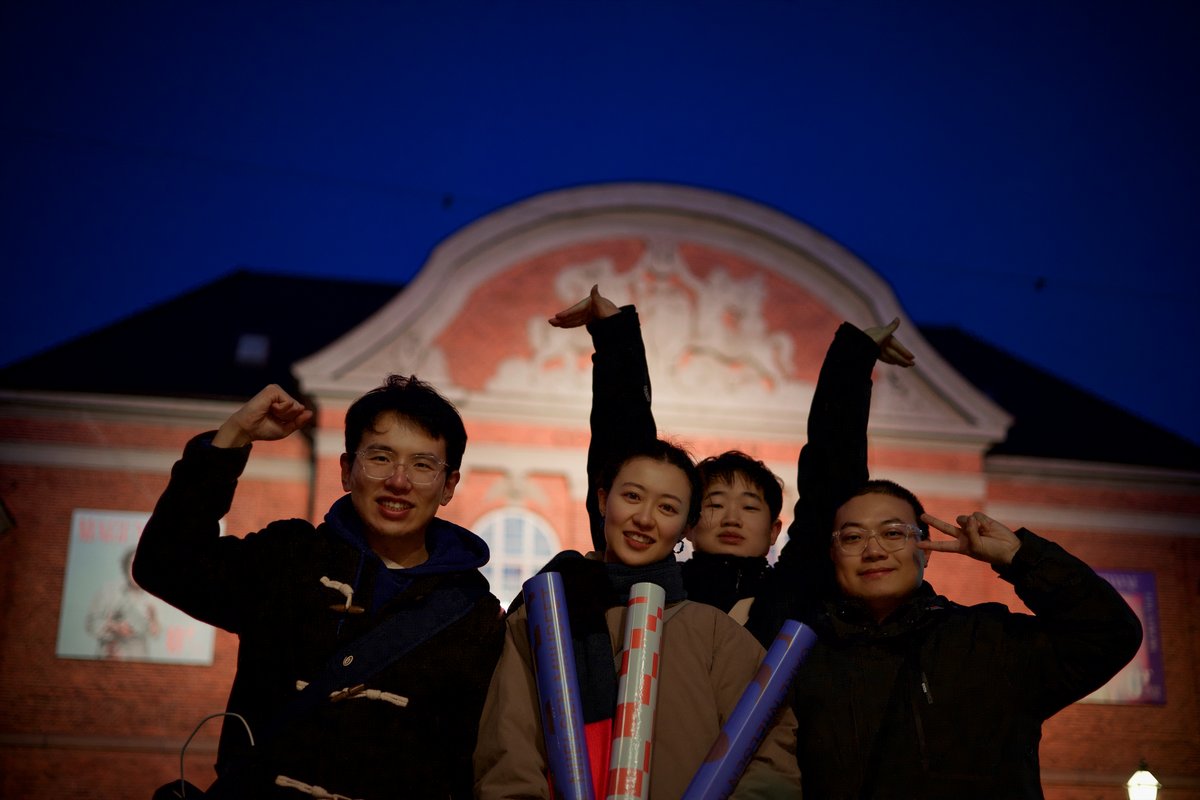
As I’m nearing graduation, I’m actively seeking job opportunities here post-graduation. Whether you’re looking for part-time jobs, internships, or full-time positions, the Aarhus University International Center is always ready to help. Each semester, they organize various job fairs where you can meet and talk face-to-face with various companies and startups—perhaps you’ll find the job you’re looking for.
Looking back on my initial reservation and enthusiasm, I can proudly say I’ve grown a lot. Whether it’s learning to cook, taking care of myself, or gaining work experience, every bit has helped me realize my dreams and values. I’m profoundly grateful to my family, friends, classmates, and colleagues who’ve supported me. Whether or not I continue to work and live in Denmark, I deeply feel that this experience abroad has greatly helped and inspired my life going forward. The highs and lows have shown me that I am more resilient and stronger than I ever imagined.
